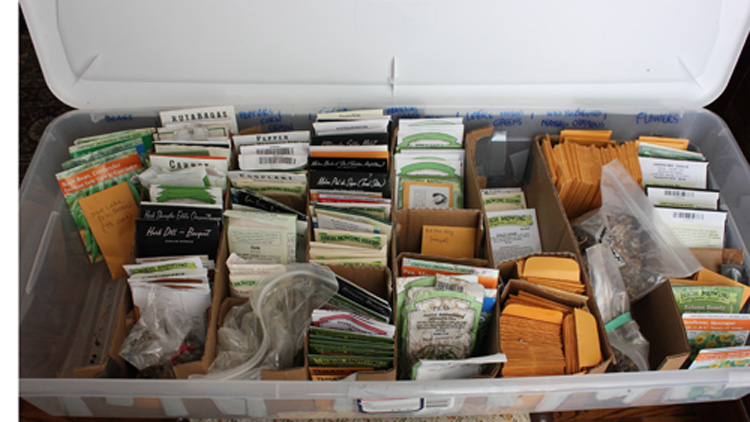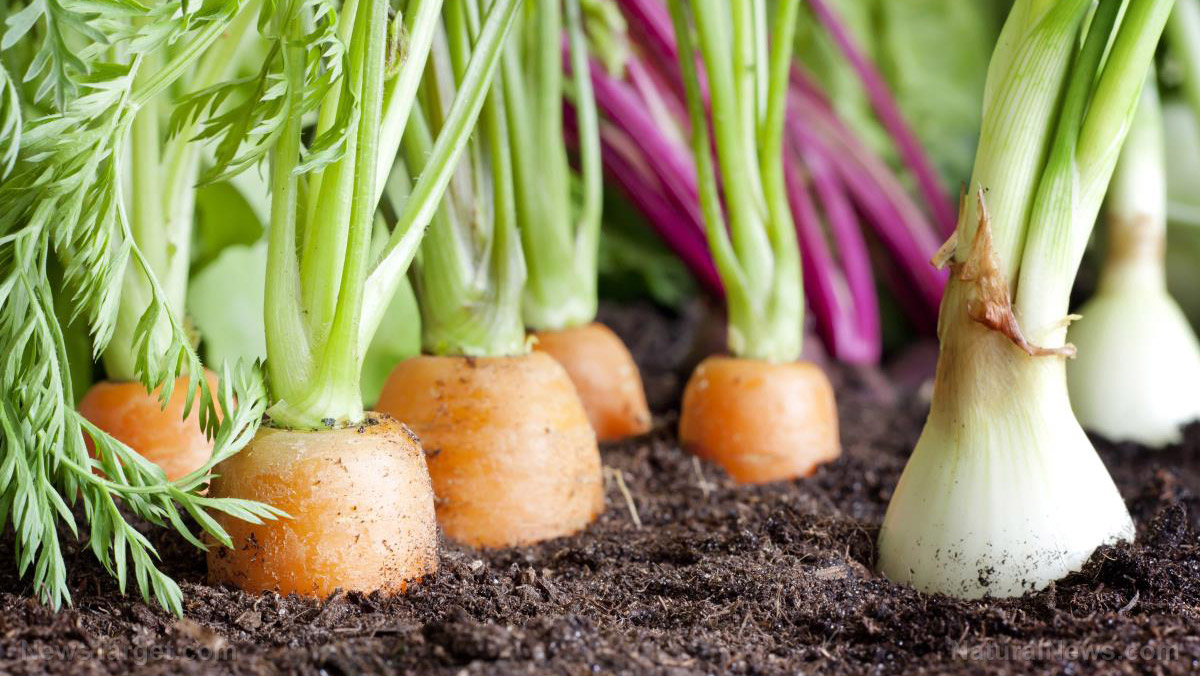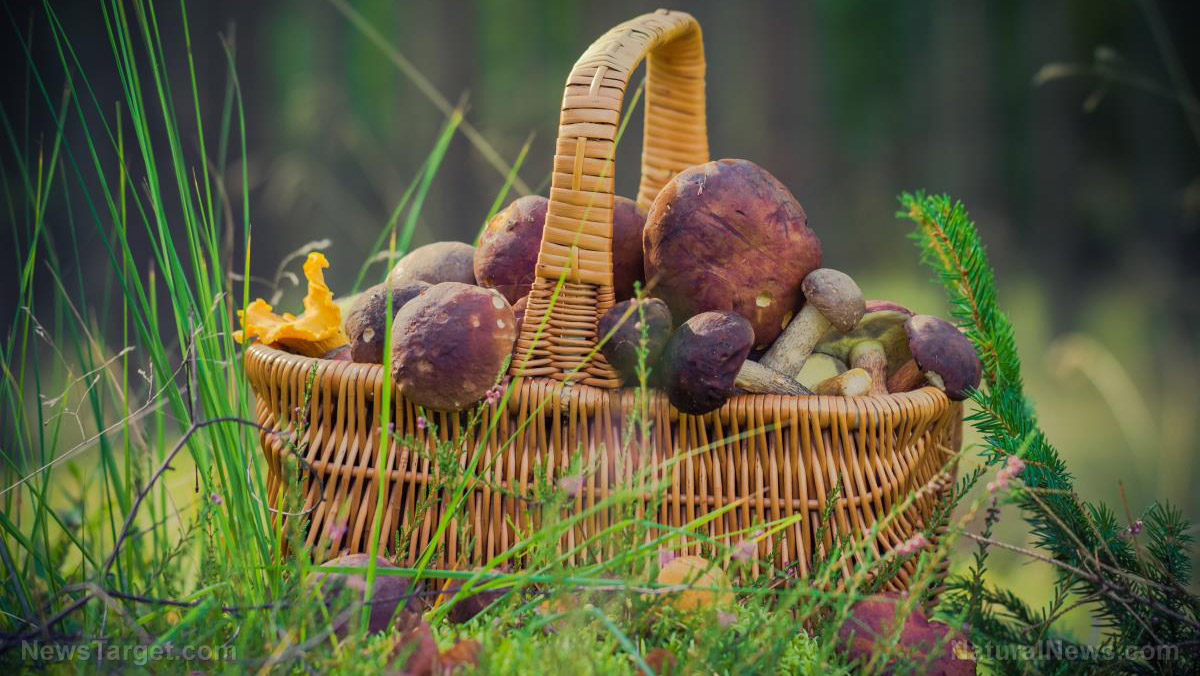
Advertisement
Saving garden seeds at the end of each growing season is a great cost-efficient measure to sustain an edible garden. But besides its economic benefits, saving seeds can also be beneficial for the garden itself in the long run.
Planting seeds from crops that flourish best in the area can help create plant strains that are best suited to local soil and temperature conditions. You can also duplicate a past season’s bountiful harvest using this method of natural breeding. Seeds are also useful for SHTF situations that affect food production.
How to save seeds
Seed saving isn’t difficult. But like most gardening-related activities, there is a process to doing it. Take note of the following steps to harvest the best seeds for storage and for the next round of garden crops:
Harvest seeds from mature plants
In general, it’s best to harvest seeds from mature plants. But take note that growing a plant to save its seed is different from growing it for consumption.
For instance, in order for a lettuce plant to produce seeds, it has to mature long enough to develop flower stalks. However, farmers and gardeners often don’t wait for lettuce to mature this long to keep lettuce leaves from becoming shriveled and too bitter for consumption.
Separate the seeds from the flesh
You’ll also need to separate the seeds from the bits and pieces of plant flesh it might be stuck to. Don’t be afraid to chuck them into a strainer and wash them under running water.
Another reason it’s best to harvest seeds from mature plants is that the seeds would have hardened enough at that point to withstand handling. You’ll know that seeds have been harvested too soon if their shells are delicate to the touch.
Clean and dry your seeds
Moist seeds are more susceptible to mold. Once the seeds have been washed and cleaned, spread them out on a plate or on sheets of paper and place them in a sunlit spot. Don’t leave them out for too long to keep them from shriveling.
Certain seeds, such as those from tomatoes and cucumbers, also have a protective gel-like membrane surrounding them. To remove this, soak the seeds in a bowl of water and keep the ones that sank to the bottom.
Harvest seeds from the best plants
Not all seeds germinate. In fact, it’s a lot more common to get a batch of duds when sprouting seeds that aren’t from the local garden center. Part of seed saving is making sure that the harvested seeds will be useful in the future.
For this reason, it’s important to save seeds from the healthiest plants. You’ll also want to go for plants that have been pollinated. Don’t bother harvesting seeds from fragile plants or those that sustained damages from pests.
Designate a “seed plant”
As mentioned earlier, growing plants for the sole purpose of harvesting their seeds requires a different approach. You’ll need to designate a “seed plant” and mark it as such to avoid mistaking it for another plant meant for consumption.
You don’t have to purchase all sorts of seeds to generate food. Be resourceful and save seeds from kitchen scraps and homegrown produce for the next planting season.
Read more articles about gardening and food independence at HomeGardeningNews.com.
Sources:
Advertisements







